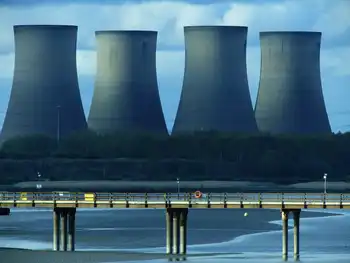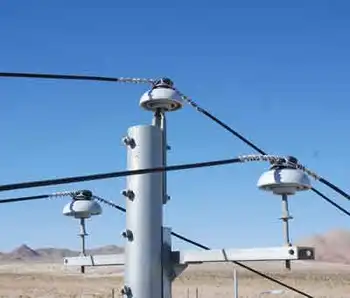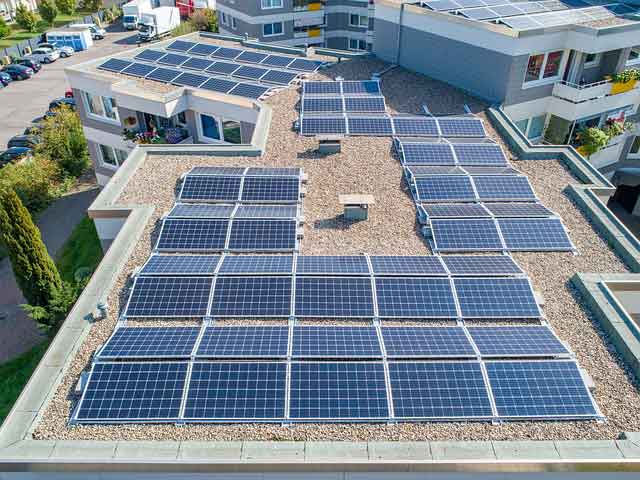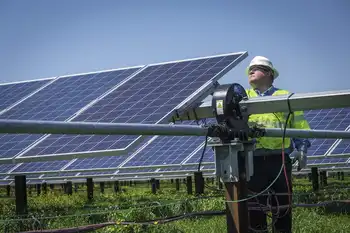Minnesota Signs Deal With Manitoba Hydro
WINNIPEG -- - The Minnesota Public Utilities Commission has unanimously approved a $1.7 billion power export deal with Manitoba Hydro.
It allows Minneapolis-based Xcel Energy to import power from Manitoba Hydro, despite the objections of aboriginal groups.
The 500-megawatt, 10-year deal was given the go-ahead.
It's an extension of an existing deal and will allow power to be exported until 2015.
Approval by Canada's National Energy Board is pending.
The Minnesota decision is a blow to the Pimicikamak Cree Nation of Cross Lake, Manitoba. They had asked the commission to first call a formal hearing into the social and economic impact of historic hydro development on their homeland.
Related News
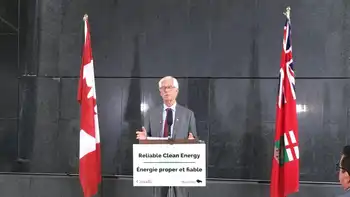
Federal Government announces funding for Manitoba-Saskatchewan power line
WINNIPEG - Birtle Transmission Line connects Manitoba Hydro to SaskPower, enabling 215 MW of clean hydroelectricity, improving grid reliability, supporting affordable rates, and advancing Green Infrastructure goals under the Investing in Canada Plan across Manitoba and Saskatchewan.
Key Points
A 46 km line moving up to 215 MW from Manitoba Hydro to SaskPower, improving reliability and supplying cleaner power.
✅ Enables interprovincial grid tie between Manitoba and Saskatchewan
✅ Delivers up to 215 MW of renewable hydroelectricity
✅ Supports affordable rates and lower GHG emissions
The federal government announced funding for the Birtle Transmission Line Monday morning.
The project…

